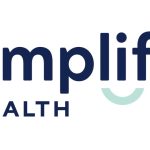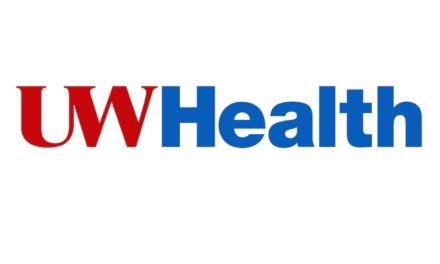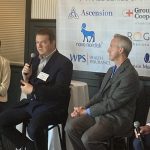
Human and Molecular Genetics Center selected to run Undiagnosed Disease Network sequencing center
Medical College of Wisconsin
Office of Public Affairs
8701 Watertown Plank Road
Milwaukee, WI 53226
Fax (414) 955-6166
For more information, contact:
Maureen Mack (mmack@mcw.edu)
Director of Media Relations
Office: 414-955-4744
Embargoed until: September 29, 2014 9:00 am CDT
The Human and Molecular Genetics Center (HMGC) at the Medical College of Wisconsin (MCW), in collaboration with Illumina, has been selected as one of two National Institutes of Health genomic sequencing sites for the Undiagnosed Disease Network (UDN). The UDN was created to use DNA sequencing and other strategies to advance laboratory and clinical research and to aid in the diagnosis and treatment of patients with rare diseases.
Howard J. Jacob, Ph.D., the Warren P. Knowles Professor of Genetics at MCW and director of the HMGC, is primary investigator on the four-year, $1.8 million grant. Tina Hambuch, Ph.D., FACMG, director of clinical services at Illumina, is co-primary investigator, as is Elizabeth Worthey, Ph.D., assistant professor of pediatrics and director of genomic informatics at MCW.
The UDN identified six clinical sites in summer 2014 in which patients with rare disease will be identified for genetic sequencing. The HMGC has been tasked with performing whole genome sequencing on 1,650 patients and family members referred by those sites, over four years.
MCW established one of the globe’s first clinical whole genome sequencing programs, and has clinically evaluated hundreds of genomes and exomes since its inception.
“Our team at the HMGC has a track record of success in genomic sequencing, and thus has helped to establish the clinical utility of genomics in identifying the causes of rare disease. In this study we will directly compare whole genome sequencing to exome sequencing in a clinical setting,” said Dr. Jacob. “In collaboration with the clinical sites through the UDN, we are positioned to provide meaningful data that will add to our knowledge about the genome, as well as potentially help patients and families who have sought answers for years.”
Illumina’s role as an industry collaborator will be to develop protocols, algorithms, quality improvements and to act as a partner in streamlining the sequencing process, with a goal of turning around clinical results in two weeks per genome.
“Illumina is honored to join this community of dedicated scientists and physicians in bringing the power of genomics to help families with undiagnosed genetic diseases. It is a privilege to participate in a nationwide effort that advances science, medicine and the well-being of individuals all at once. The pieces are in place, and together, we will help solve these puzzles,” said Dr. Hambuch.





